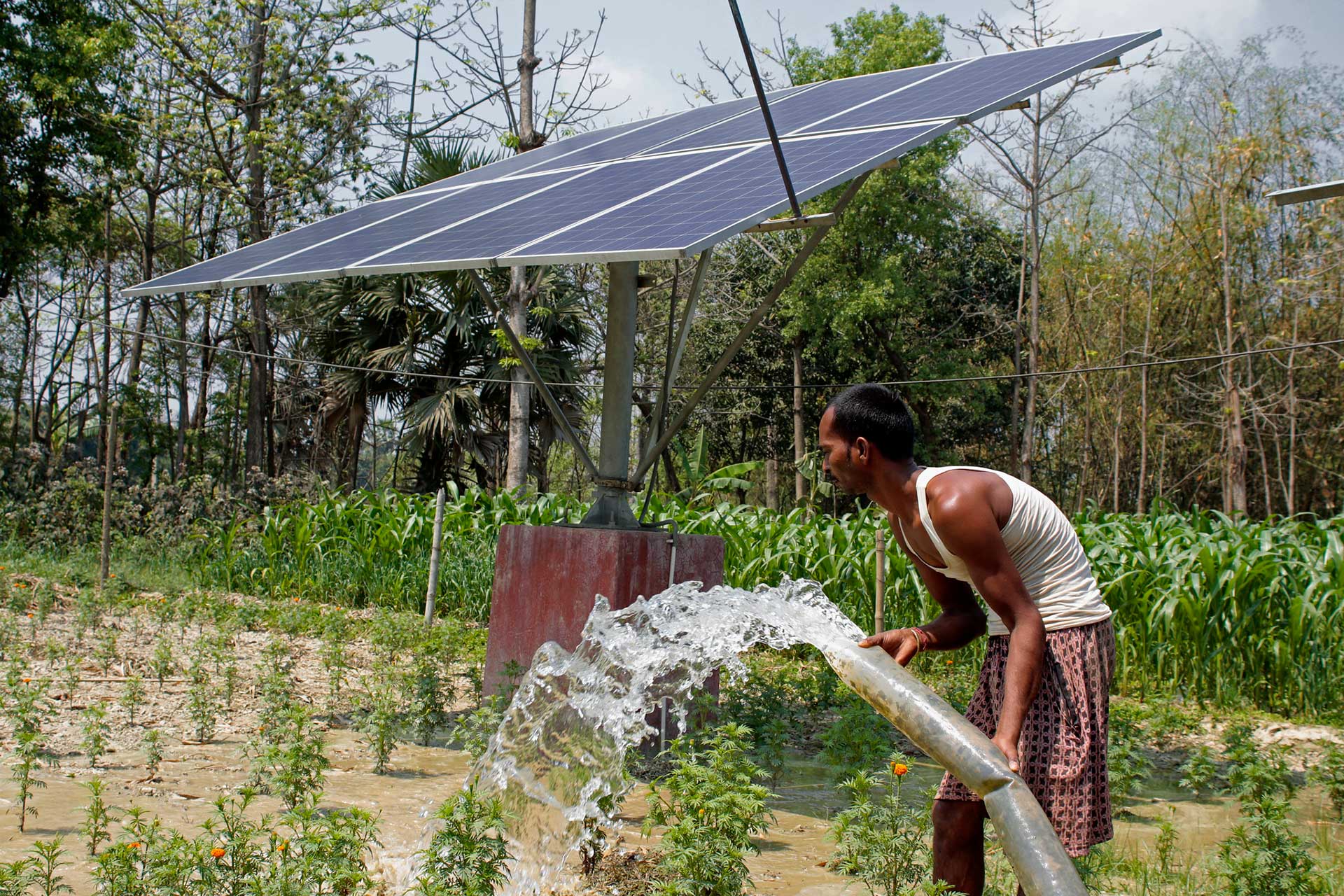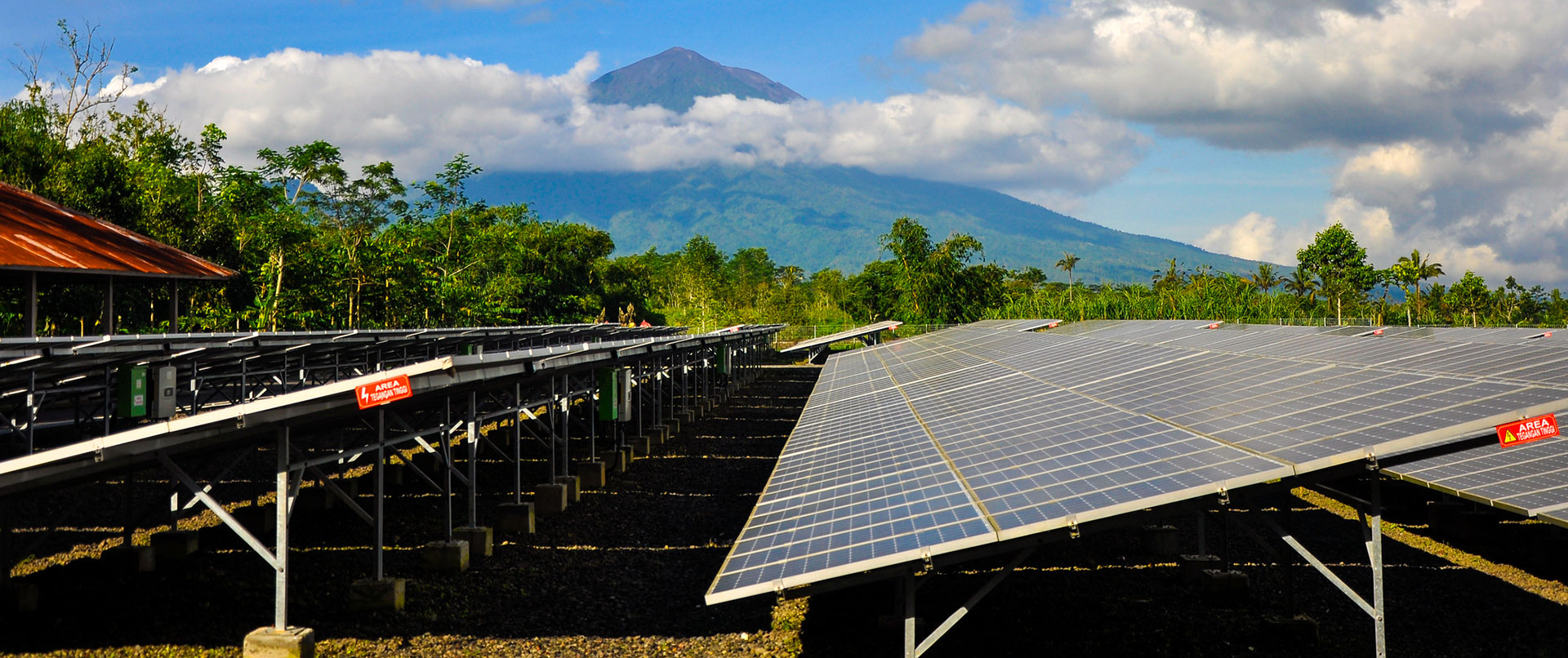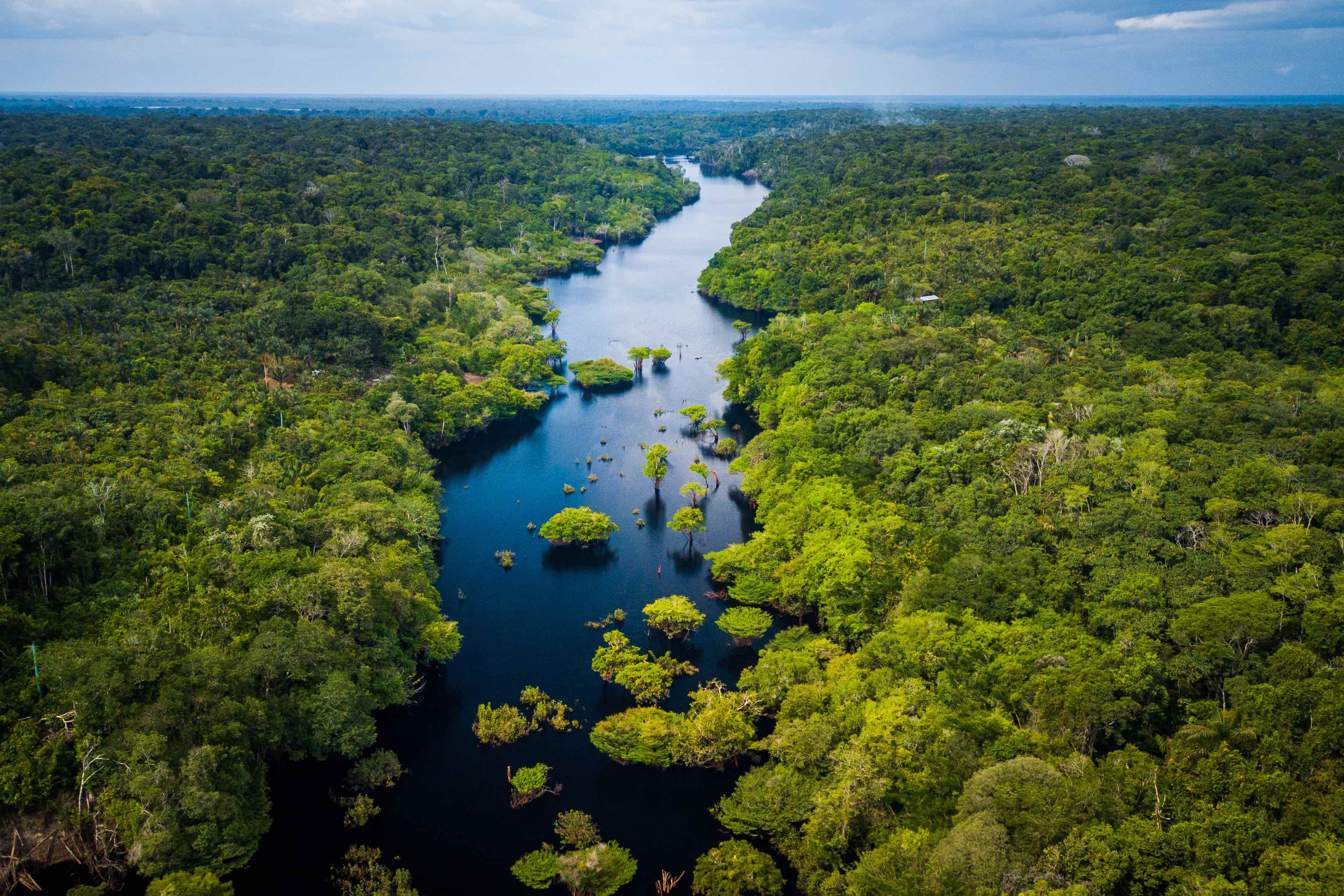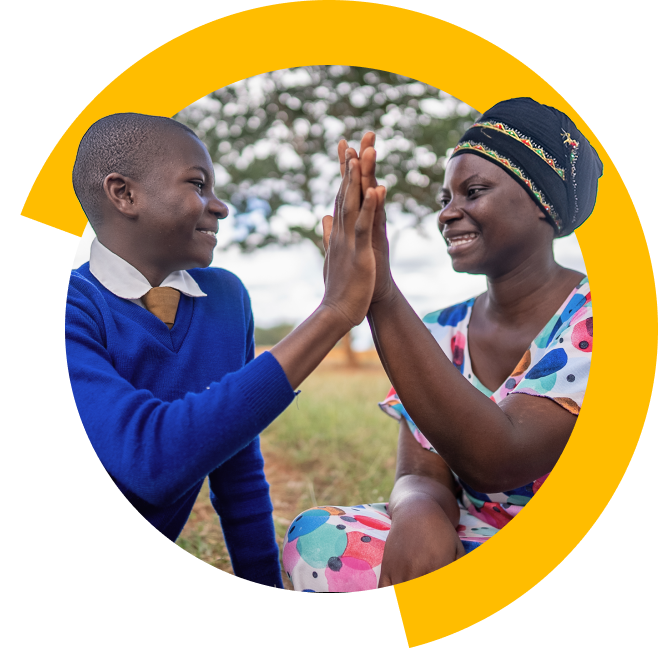

Photo credit: Ayush Manik
From record-breaking temperatures to extreme weather events, the impacts of human-caused global warming are undeniable. As an organisation focused on improving the lives of children, the climate crisis is making every aspect of our work harder: from strengthening healthcare systems to girls’ education to child nutrition. However, in the face of these crises, by working in collaboration with partners we have seen bold steps to reduce emissions and create a more liveable planet for all.
The work we do to mitigate climate change is urgent – every fraction of a degree matters. Meaningful progress requires both immediate action and long-term vision, guided by the globally agreed climate targets but led by government priorities and initiatives. By making systemic interventions, we can unlock change at every level while stimulating economic growth and creating opportunities that allow for a prosperous and secure future for us all.
In practice, this means working more deliberately with our global, regional, national and sub-national partners. By bringing together cross-sectoral expertise as well as diverse voices we can co-create and accelerate climate solutions. This section outlines the impact of our global climate work.
For more detail on work in specific regions, see the following sections: Africa, India, East and South-East Asia, and Europe. Our regional chapters highlight remarkable shifts in the energy transition away from fossil fuels and towards renewables, as well as on the use of data, financial regulation and industrial policy to drive decarbonisation across the economy while generating jobs and growth.
Through strong government leadership and robust policymaking, Europe has reduced emissions by 40% since 1990, while growing its economy by 68% during the same period, demonstrating that decoupling is possible. However, regardless of progress in one region, the climate crisis needs to be addressed at a global level for policy to be effective; this is why CIFF focuses as much on solidarity, global cooperation and building bridges across our portfolio.
The Clean Air Fund has been helping to drive innovative financial mechanisms to unlock new funding for clean air projects. In 2024, the World Bank’s Multilateral Investment Guarantee Agency pledged $1 billion in financial guarantees to de-risk investments in air quality initiatives across the Global South.
Additionally, in 2024 the Global Methane Hub expanded its impact by tripling multilateral development bank funding for methane mitigation and securing over $300 million in new philanthropic support. Key initiatives include partnerships with IFAD, IDB, and the World Bank to drive methane reduction globally.

In addition to Climate Lead, our partners Active Philanthropy and Impatience Earth have been working at local and regional levels to increase both the quantity and and quality of new funding for climate mitigation.
Throughout 2024, we also harnessed the power of convening, bringing together a diverse range of partners across key thematic areas to build community, align on strategy, and drive collective action.
This was particularly true at and around major moments, including COP29. Here we supported the Children and Youth pavilion for the third year in a row, alongside the establishment of the PYCC Support Team at UNFCCC secretariat to enhance and encourage the inclusive engagement of children and young people in climate decision-making and international policy processes.

It helps ensure decisions are data-led and encourages more ambitious action in line with governments’ national objectives, as well as the Sustainable Development Goals and the Paris Agreement.
In 2024, CIFF’s partner, Climate Arc, launched Transition Arc, a one-stop tool to assess corporate climate transitions. In its first year, the tool graded over 500 companies, and has over 1,300 users, including 270 financial institutions. Arc’s collaboration with the wider CIFF ecosystem of partners is now focusing on sectoral policy design, which will be critical to unlock transition finance where it’s needed most.


Photo credit: Marcio I. Sá
In 2024, CIFF supported the launch of two groundbreaking new satellites to do exactly this. MethaneSAT and Carbon Mapper are tracking emissions around the world and the resulting data will be used to drive mitigation and inform decision makers. An early success came when Carbon Mapper detected a major methane leak in Texas' Permian Basin, prompting swift repairs from the operator. Each hour it was emitting the equivalent of 47 conventional cars for a year.
Another example of effective data can be seen in Brazil, where significant strides have been made towards environmental protection by strengthening data to accelerate speed of reform where government policy is already strong. In 2024, deforestation in the Amazon fell by 7% from 2023 levels, marking a 65% drop since the new administration took office. The progress in Brazil is a result of strong political leadership and long term commitments from civil society. This includes partner organisations such as iCS who provide data that enables enforcement and advocacy for conservation policies. As a result of these combined efforts, Brazil is now on track for net zero deforestation in the Amazon by 2030.
Furthermore, effective collaboration between civil society organisations and strong government leadership can be seen in Mexico where in late 2024 ICM shared with the new administration its detailed analysis of a feasible Net Zero Pathway for Mexico. This analysis supported the Government in announcing a 2050 net zero target at COP29 in Baku. The Environment Ministry and ICM agreed to sign a memorandum of understanding to set the basis for ICM to help the Government prepare a new 2035 mitigation goal as part of a new NDC that will be submitted by COP30 in Belem.
